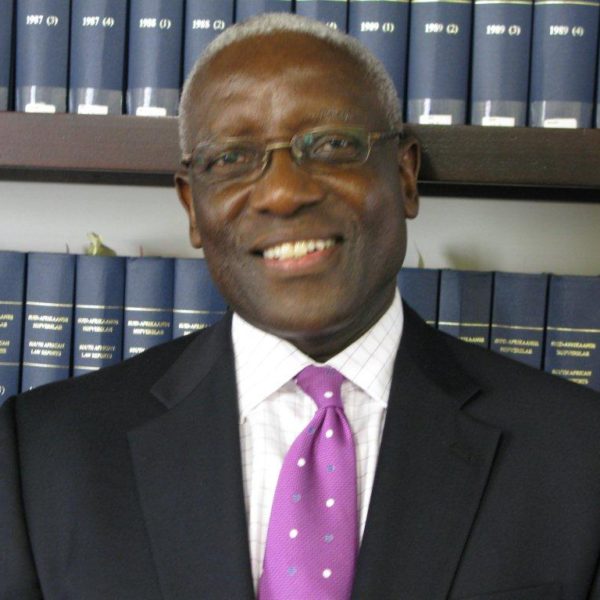Justice S. Sandile Ngcobo, Retired Chief Justice of the Constitutional Court of South Africa and STIAS fellow, will present a talk with the title:
Democracy, Separation of Powers and the Adjudication of Socioeconomic Rights
Abstract
The main objection to judicial enforcement of socioeconomic rights turns largely on the undesirability of including socioeconomic rights in a constitution enforceable by the judiciary which, objectors contend, is anti-democratic. They argue that the constitutionalisation of socioeconomic rights has two consequences that are inconsistent with democracy: firstly, it removes from the democratic process to the courtroom important decisions pertaining to these rights; and secondly, it requires courts to make decisions that have implications for allocation of resources and the formulation of policy. This will possibly force courts to violate the doctrine of the separation of powers.
These concerns raise a number of fundamental questions about our conception of democracy and separation of powers. Is it inconsistent with the conception of democracy for a nation to include in its fundamental document, the constitution, social and economic rights that are to be interpreted and enforced by courts? Does the inclusion of socioeconomic rights in a constitution that is to be interpreted and enforced by the courts, remove from the democratic process important decisions on these rights? Does the conception of the separation of powers prevent one branch of government from making a decision that will impact on another branch of government? What is the relationship between democracy, separation of powers and the adjudication of socioeconomic rights?
In this public lecture I would like to explore answers to these questions under the broad topic, “Democracy, Separation of Powers and Adjudication of Socioeconomic Rights” as the caption of my address indicates. In particular, I will consider two questions: first, whether the inclusion of socioeconomic rights in a constitution transfers policy-making and law-making powers to an unelected judiciary; and, second, whether the doctrine of separation of powers precludes courts from making decisions that have implications for the budget and formulation of policy. I will examine these issues in the light of the emerging South African jurisprudence on socioeconomic rights.

